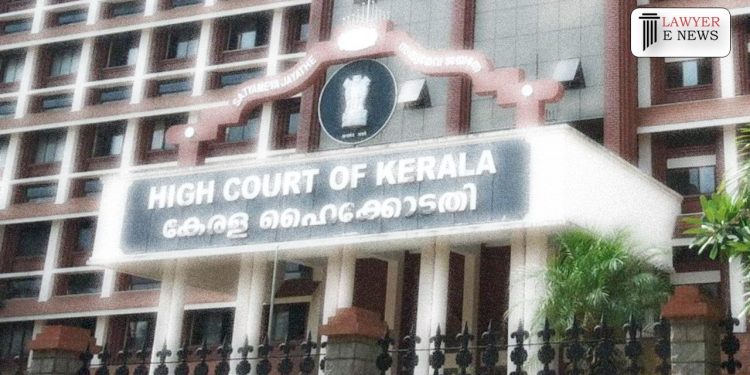-
by Admin
15 February 2026 5:35 AM



In a latest decision, the High Court of Kerala, consisting of Dr. Justice A.K. Jayasankaran Nambiar and Dr. Justice Kauser Edappagath, has delivered a significant judgment on the applicability of input tax credits under the Kerala Value Added Tax (KVAT) Act in conjunction with the Central Sales Tax (CST) Act. The judgment, dated November 21, 2023, addresses critical issues related to tax exemptions and input tax credits for inter-state sales of rubber.
The court examined several revision petitions (O.T. Rev. Nos. 45, 51, 52, 53, 61 of 2022), involving assessments under the KVAT and CST Acts for the years 2009-10 to 2012-13. The appellants, A.M. Rahman and Shabeer Babu T.P., challenged the denial of input tax credit and special rebate on their inter-state sales of rubber, which were exempted under notifications issued pursuant to Section 8(5) of the CST Act.
In their judgment, the justices emphasized the statutory framework governing the exemptions and rebates. The court observed, "While de hors the said provisions, Annexures-I and II notifications may probably be seen as conferring an optional exemption in respect of the tax payable under Section 8(1) of the CST Act, in view of the specific provisions of the 3rd proviso to Section 11(3) and the 3rd proviso to Section 12(1) of the KVAT Act extracted above, we cannot find it in ourselves to read the exemption notifications as optional in the particular statutory context."
The court's decision hinged on the interpretation of the exemption notifications and their implications on the input tax credit under the KVAT Act. It was concluded that the notifications effectively rendered the inter-state sales of rubber as exempted, thereby restricting the appellants' entitlement to avail input tax credit for the tax paid on purchases of rubber within the state.
Date of Decision: 21st November 2023
A.M.RAHMAN Versus STATE OF KERALA
[gview file="https://lawyerenews.com/wp-content/uploads/2023/11/Kerl-21-Nov-2023-A_M_Rahman_vs_State_Of_Kerala_Tax.pdf"]
